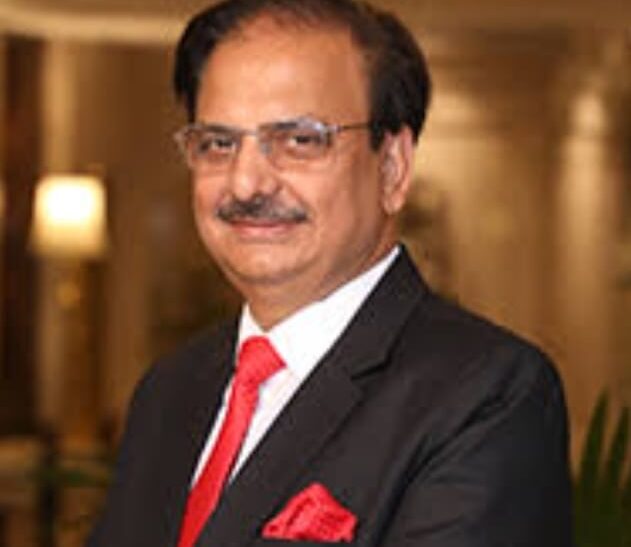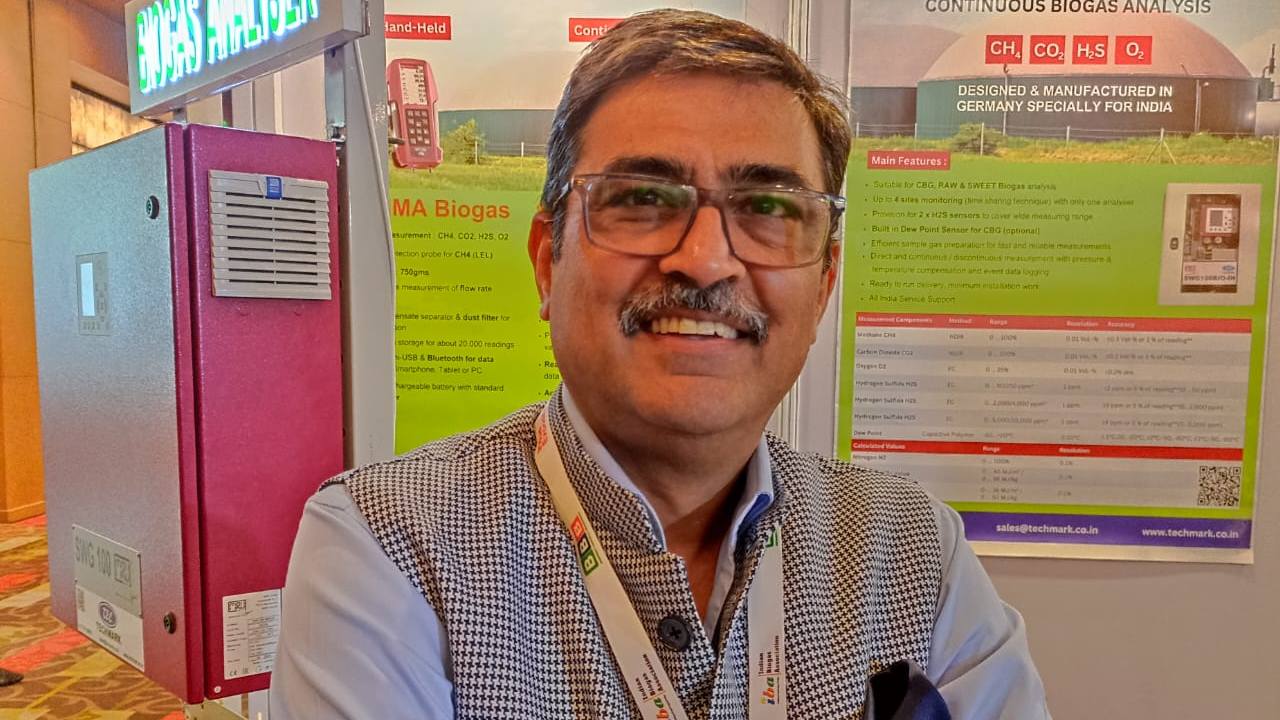Rakesh Kumar, currently holding the position of Chairman of the India Exposition Mart Limited, also known as India Expo Centre and Mart, spearheaded the conceptualization of India’s pioneering state-of-the-art infrastructure for the Exhibition and Mart in Greater Noida. Additionally, he serves as the Chief Executive Officer of India’s premier Export Promotion Trade Organisation, boasting a membership exceeding 10,000 exporters.
Furthermore, Rakesh Kumar assumes the role of Director General and Chief Mentor at the Export Promotion Council for Handicrafts (EPCH). He also holds directorship positions at the Uttar Pradesh Export Promotion Council and the Jammu & Kashmir Trade Promotion Organization.
In recognition of his instrumental contributions to establishing and fostering trade relations with Japan, Rakesh Kumar was honored with JETRO’s Commendation Award for International Exposure to Japan, becoming the first Indian to receive this prestigious distinction.
Rakesh Kumar’s impact extends to the development of various craft pockets across India, including Jodhpur, Jaipur, Saharanpur, Narsapur (A.P.), Moradabad, and Northeastern Regions, now globally recognized for their export prowess. He played a pivotal role in establishing key organizations such as the National Centre for Design & Product Development (NCDPD) in New Delhi and the Handicrafts & Carpet Sector Skill Council (HCSSC), aimed at bridging skill gaps in the handicrafts & carpet sector and training over 2 million skilled manpower.
Moreover, Rakesh Kumar’s innovative initiatives include the introduction of a web-based electronic voting system for the election of 10,000 members of the Council, marking EPCH as the pioneering council to adopt such a system.
During an exclusive interaction with The Interview World at the April Fair Delhi 2024, Rakesh Kumar, Chairman of the India Exposition Mart Limited illuminated the essence of the event, delineated its distinctive features centred on sustainable products, discussed the prevailing export landscape, and advocated for governmental incentives to uplift exporters’ spirits. Now, let’s delve into the pivotal takeaways from his conversation.
Q: What is the current atmosphere of the April Fair Delhi 2024?
A: This fair embodies a comprehensive showcase of home lifestyle, fashion, furniture, gifts, and sustainable products, emphasizing the diversity of offerings. It represents a pioneering step as we extend invitations to domestic volume buyers for the first time. Our optimism stems from the belief that these buyers will capitalize on the newfound accessibility of items previously exclusive to global markets. Their enthusiastic response underscores the potential for significant market growth and economic stimulation.
We anticipate a ripple effect, not only boosting our economy but also fostering increased employment opportunities for our skilled craftsmen. This convergence of diverse industries within a local context promises to amplify the vibrancy of our market while simultaneously supporting the livelihoods of our artisans. It marks a pivotal moment in our journey toward fostering a thriving, sustainable economy.
Q: What is the total number of manufacturers taking part in this fair?
A: More than 900 companies, spanning over 14 diverse categories including Home Décor, Houseware, Furniture & Furnishings, Lighting, Carpets & Rugs, Fashion Accessories, and Sustainable and Aroma Products, are actively participating in the April Fair Delhi. This event, a promising B2B platform, is designed to introduce attendees to innovative ideas, products, and strategies for digitizing market sourcing. India’s rich heritage of traditional artisans contributes to a burgeoning array of crafts and artifacts that enjoy global acclaim. Through facilitating connections between buyers and manufacturers/exporters, the fair aims to optimize business benefits, fostering mutually beneficial partnerships and driving economic growth within the industry.
Q: How does this fair cater to the needs and interests of volume buyers, and what unique offerings does it introduce to meet their requirements?
A: Exhibitors have brought an array of sustainable items to the event, reflecting a growing trend towards eco-consciousness. Among these offerings are handcrafted materials, wellness products, and selections for the home and lifestyle, each boasting its own unique charm and superior design. Sustainable products are a major differentiating factor of this fair. Moreover, exhibitors within the sustainable products category present a diverse range of items, from intricately woven cane furniture to environmentally conscious paper goods. This curated collection epitomizes the seamless integration of aesthetics and environmental responsibility, defining the distinctiveness of this fair.
The prevalence of such sustainable product offerings underscores a broader shift towards greater environmental friendliness among consumers. In light of this, we anticipate this fair evolving into an annual event, serving as a platform for continued engagement and awareness around sustainable practices, fostering a community committed to positive environmental impact.
Q: What are the key trends and factors impacting India’s current export landscape?
A: Exports, while maintaining a satisfactory level, have experienced a decline compared to previous levels. The ongoing conflicts in regions such as Israel and Ukraine have exerted significant pressure on export activities in Europe, disrupting the usual flow of trade. This compounded with the subdued performance of the US economy has intensified market competition. The challenges posed by these factors have necessitated a reevaluation of export strategies and market approaches. Consequently, businesses are faced with the task of navigating through a more complex and competitive environment, requiring adaptability and resilience to sustain and grow amidst the prevailing circumstances.
Q: How can the government effectively support and enhance export initiatives to bolster economic growth and competitiveness?
A: At present, the government is actively pursuing multiple strategies, yet the absence of incentives stands out as a notable gap. Despite their comprehensive efforts, the lack of motivational incentives is glaring. It is crucial for the government to carefully consider this aspect. Introducing incentives would undoubtedly serve to elevate export rates and attract fresh entrants to the market, thereby fostering economic growth and competitiveness on both domestic and international fronts.









3 Comments
Nice
This really answered my problem, thanks!
Hello! I could have sworn I’ve been to this blog before but after browsing through some of the post I realized it’s new to me. Anyways, I’m definitely happy I found it and I’ll be book-marking and checking back frequently!
Comments are closed.